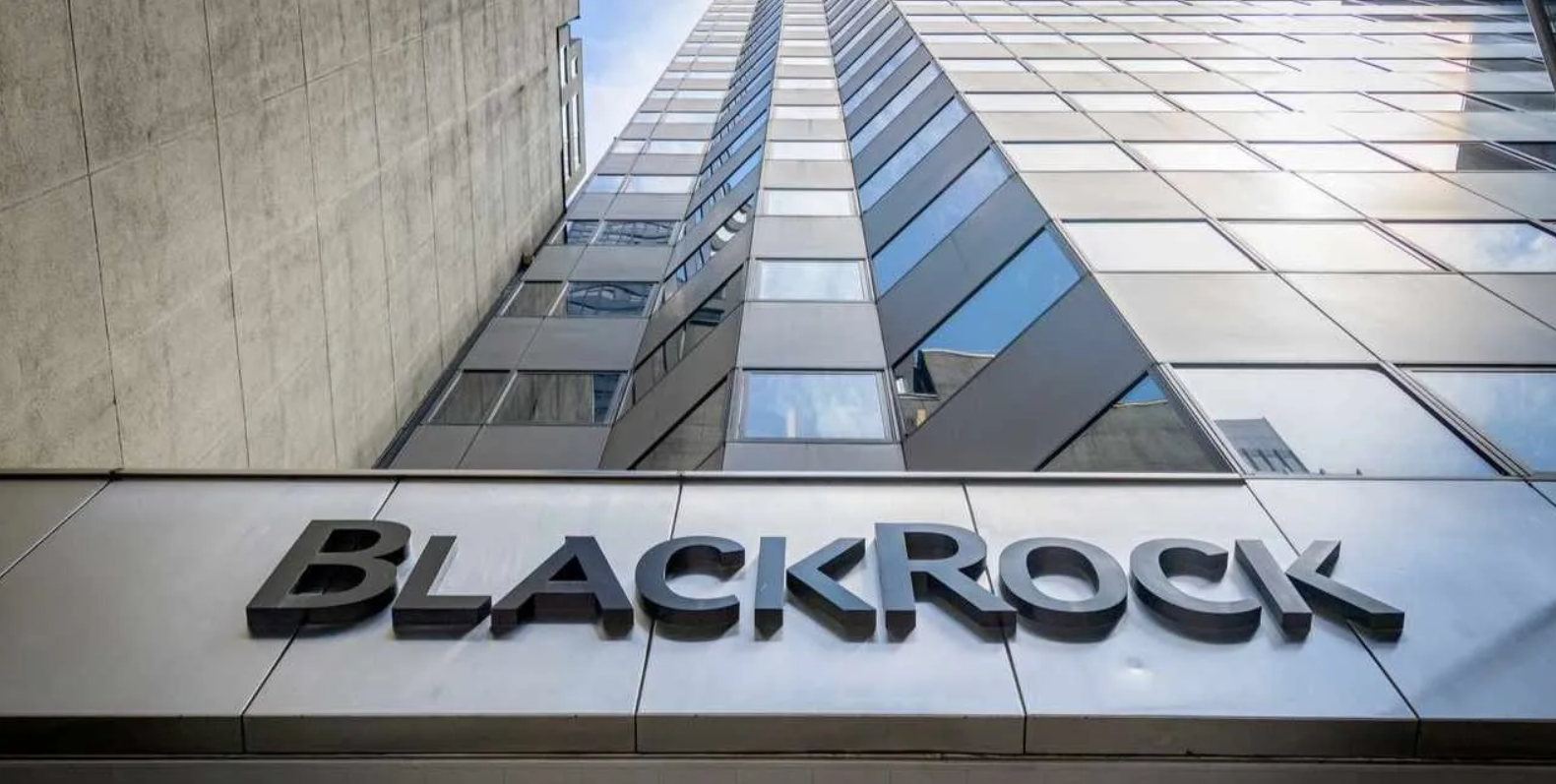Experts are now looking with certainty towards the approval of an ETF in the first month of next year. We have been discussing this for a long time. The intense discussions this month between the SEC and potential issuers also confirm this. So, what do we need to know about the ETF approval expected by January 10?
2024 Spot Bitcoin ETF Approval
According to insider sources, trillion-dollar asset managers are becoming increasingly confident that the SEC will grant approval for a spot Bitcoin ETF in January. Sources close to these firms have stated that, based on the latest guidance from SEC officials, the approval is expected by January 10. This date is the deadline for the SEC to approve or reject the application made jointly by Cathie Wood’s Ark Investment Management and 21Shares, which is the first firm to seek approval.
About a dozen companies, including Wall Street asset management giants like BlackRock and Fidelity, had applied for a spot bitcoin ETF. According to FOX Business, the companies are confident about the approval, but SEC officials refuse to comment on the matter.
Although SEC Chairman Gary Gensler may not be pleased with the loss of the GBTC case months ago, he seems to be obliged to approve the decision that will initiate the institutional influx into cryptocurrencies.
Spot Bitcoin ETF and What You Need to Know
Compared to futures ETFs, a spot Bitcoin ETF will provide institutional investors with a less costly and secure way to invest in Bitcoin. Moreover, investors will trade through highly regulated companies while transactions occur on stock exchanges like the New York Stock Exchange and Nasdaq, which will also be interpreted as the US confirming the legitimacy of Bitcoin.
One of the most important details is that BlackRock, the world’s largest asset manager, will also be issuing an ETF. The difference between a few billion-dollar company’s investment advisor inviting you to a Bitcoin ETF and a BlackRock employee doing the same carries different meanings in America.

A disadvantage for investors is that the ETFs include an unusual request from the SEC in their structuring. The SEC insists in its discussions with large investment management firms that applicants must use cash to purchase ETF shares and cannot use the underlying asset, which is Bitcoin, in this case.
Traditional ETFs allow “in-kind” transactions where you can exchange new BTC for ETF or vice versa. The “cash creation” method means that ETF issuers will have to replace Bitcoin with cash in every transaction, which is a complex process, but in reality, it doesn’t change much for the investor. This segment is already purchasing ETFs because they do not want to hold physical BTC.
The only issue is taxes; securities lawyers say that this situation deprives investors of a significant tax advantage; “in-kind” purchases are not a taxable event, but selling Bitcoin for cash before buying the ETF will be subject to tax.
In a meeting with the SEC on Tuesday, Grayscale told the agency that it believes offering both in-kind and cash creation and redemption is in the best interest of investors because it “supports a deeper, more robust primary market, resulting in a more efficient ETP market structure.” However, ETF issuers are accepting what the SEC wants at this point to avoid any delay in approval.
So, that’s all there is to the discussion about in-kind or cash acquisition.
In conclusion, things seem to be on track. Of course, the SEC could reject all applications, but industry officials consider this unlikely. The reason is that in August, the D.C. Circuit Court of Appeals overturned the SEC’s decision to reject the crypto asset manager Grayscale’s application to convert its GBTC Trust into a spot Bitcoin ETF. The three-judge panel continued to describe the SEC’s actions as “arbitrary and capricious.”

 Türkçe
Türkçe Español
Español









